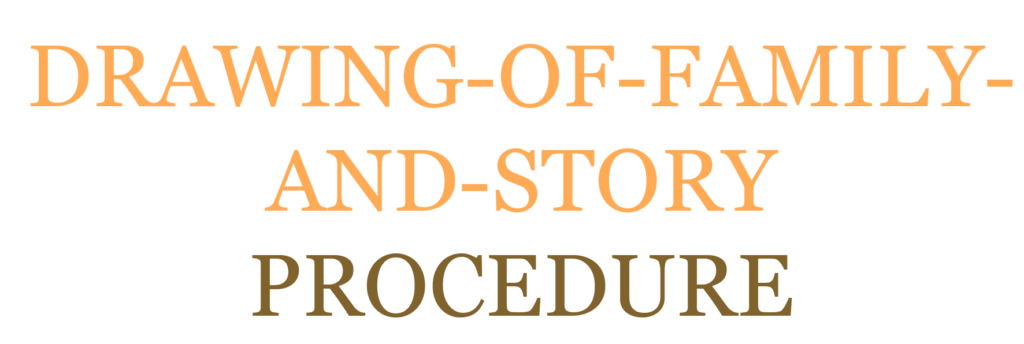SAN JUAN, A. L. Adesão do familiar ao tratamento do adolescente usuário de substâncias psicoativas em um centro de atenção psicossocial [Family member adherence to the teenager psychoactive substance user treatment in a psychosocial care center]. Master’s Dissertation – Universidade Estadual Paulista. Bauru (SP), 2018.
Available on: https://repositorio.unesp.br/bitstream/handle/11449/154169/sanjuan_al_me_bauru_int.pdf?sequence=5&isAllowed=y
The consumption of psychoactive substances among adolescents is a major concern for scholars, government officials, health professionals and education. This study aimed to investigate some factors that may influence the non adherence to the treatment of family members of adolescents who use psychoactive substances attending a Psychosocial Care Center to Alcohol and Drug for Child and Adolescent of a municipality in the interior of São Paulo. In this institution, a survey was carried out of the medical records of the patients treated from August 2014 to June 2017 to obtain the percentage of non-adherence of the families to the treatment of adolescents and proposed clinical interviews and application of the projective instrument Drawing-of-Family-and-Story Procedure to adolescents and to at least one family member responsible for adolescents. Data were analyzed through the content analysis technique and the Drawing-of-Family-and-Story Procedure, through Analysis Protocol, with interpretation based on psychoanalytic assumptions. The results indicated that of 655 medical records, only 43 were active in the analyzed period, of which 12 adolescents were not accompanied by their relatives, representing 30% of the family members, such as new family arrangements, psychoactive substance use least one of the parents, conflicts, aggression physical and/or verbal relations between parents and adolescents, among other aspects. In the clinical interviews, there were objective difficulties of the relatives in attending the visits, but also the presence of family conflicts and anxieties possibly deposited in the adolescent and making him a family scapegoat. Based on the findings of the study, it was possible to conclude that it is useful to adopt the adolescents and family assessment methodology used in this research in the routine of the Psychosocial Care Center to Alcohol and Drug for Child and Adolescent, and it is necessary to cover the complexity of the phenomenon of non adherence to treatment in the next studies.

